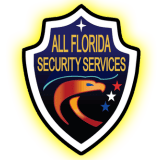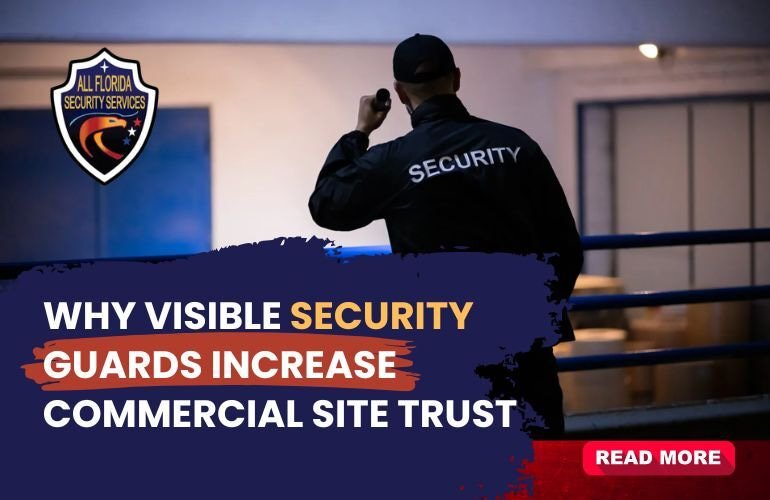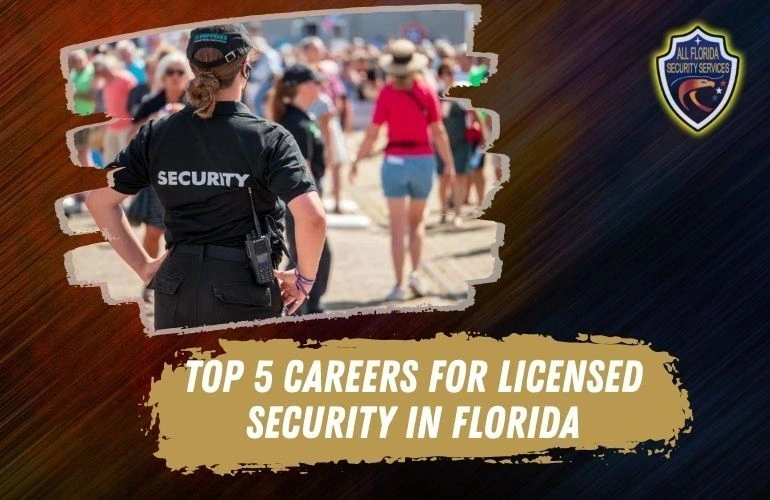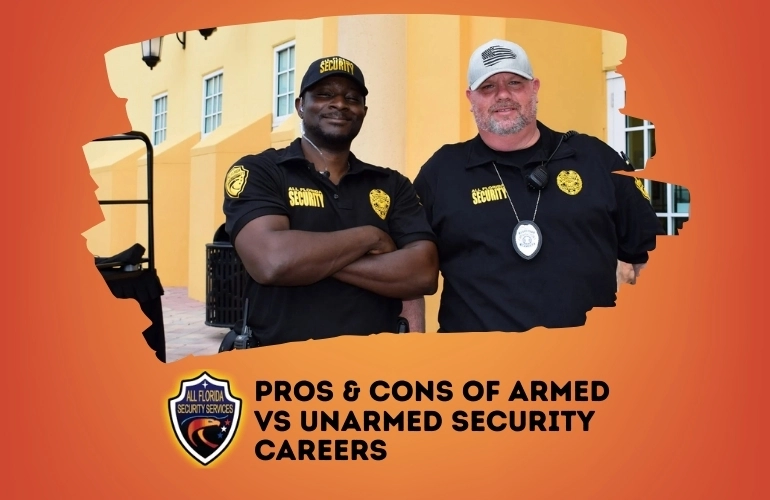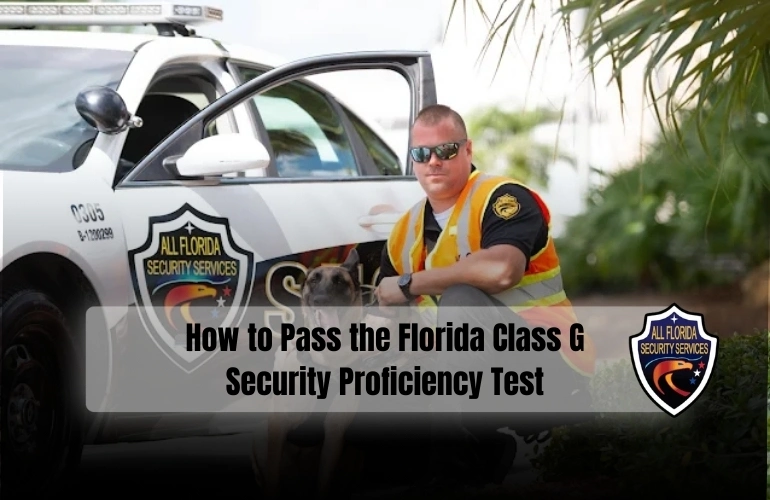Let’s be real, if you’re researching personal security services, you’re not doing it for fun. Maybe you’ve received credible threats, your business success has made you a target, or recent events have you questioning whether that “low profile” strategy is actually working.
Here’s what most people don’t realize: The moment you become a “person of interest,” whether through wealth, position, controversy, or circumstances beyond your control, you’ve entered a risk category that requires professional assessment. This isn’t paranoia; it’s mathematics.
FBI data shows that high-risk individuals without professional security services experience incidents at 7x the rate of those with comprehensive protection programs. That’s not a coincidence; it’s predictable risk management.
The 2025 Landscape of Personal Security Threats
Data Snapshot: 89% of High-Risk Individuals Underestimate Their Vulnerability
According to the International Association of Personal Protection Agents’ 2024 Threat Assessment Report, most people requiring protection fall into these categories:
Primary Risk Categories:
- Executives/Business Leaders: 34% of all cases
- Public Figures: 28% (politicians, entertainers, activists)
- Wealthy Individuals: 21% (inheritance, business success, lottery winners)
- Legal/Medical Professionals: 12% (high-stakes litigation, controversial cases)
- Family Members: 5% (targeted due to association)
The reality check: Average response time for self-initiated emergency calls is 8-12 minutes. Most personal security incidents are resolved (one way or another) within 90 seconds.
Hidden Trend: The “Digital Footprint” Vulnerability Explosion
Scrolling through recent security incident reports reveals a disturbing pattern—modern threats start online and manifest physically. Social media posts, property records, business filings, and even food delivery patterns create predictable behavioral maps that determined individuals can exploit.
Pro tip: If you can Google yourself and find your home address, daily routine, or family information within 10 minutes, so can someone with hostile intent.
8 Critical Ways Private Security Guards Transform Personal Safety
Step 1: Professional Threat Assessment → Identify 96% of Overlooked Risks
Before: “I’ll just be more careful and avoid certain areas.” After: Comprehensive threat analysis reveals 14 specific vulnerabilities, 3 immediate risk factors, and a customized protection protocol addressing each exposure point.
Most people think personal security means “big guy following me around.” Real executive protection starts with forensic-level risk analysis:
- Digital footprint audit (what information is publicly available)
- Routine pattern analysis (predictable behaviors that create vulnerability)
- Environmental threat mapping (high-risk locations and timeframes)
- Relationship risk assessment (who has access and motivation)
Step 2: Implement Behavioral Deterrence → The “Hardened Target” Effect
Here’s what criminals and threat actors look for:
- Predictable routines (same route, same times)
- Distracted behavior (phones, earbuds, tunnel vision)
- Isolation opportunities (parking garages, empty corridors)
- Status indicators (expensive items, luxury vehicles)
- Accessibility (approachable, unprotected)
Professional bodyguard services don’t just react to threats—they systematically eliminate the conditions that make threats possible.
The psychology shift: When potential threat actors see professional security presence, they immediately recalculate risk-reward ratios. 91% of attempted approaches are abandoned when trained close protection security is visibly present.
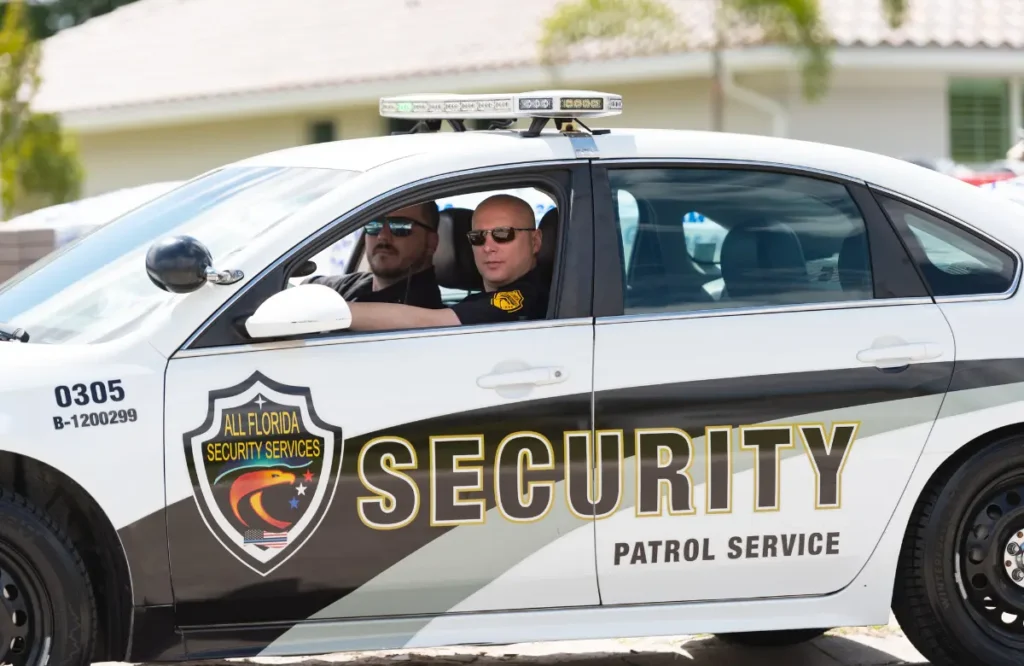
Step 3: Master Situational Awareness Through Professional Eyes
Amateur Awareness: “I’ll pay attention to my surroundings.” Professional Awareness: Trained security personnel continuously monitor:
- 360-degree environmental scanning (not just what’s directly ahead)
- Behavioral baseline assessment (what’s normal vs. anomalous)
- Escape route identification (multiple exit strategies from any location)
- Crowd pattern analysis (identifying individuals who don’t fit)
- Communication interception (suspicious conversations, photography)
VIP security professionals are trained to notice what you’re not looking for—and that’s usually where threats originate.
Step 4: Coordinate Multi-Layered Protection Protocols
Single-agent protection has limitations. Comprehensive personal security services create overlapping coverage:
- Layer 1: Advance Security (route planning, location securing)
- Layer 2: Close Protection (immediate personal security)
- Layer 3: Perimeter Control (crowd management, access points)
- Layer 4: Communications Hub (real-time coordination, emergency response)
- Layer 5: Intelligence Network (threat monitoring, information gathering)
Real talk: Professional security isn’t about having someone tough nearby it’s about creating a systematic approach that makes successful attacks statistically improbable.
What Generic Security Companies Don’t Understand
The Difference Between Security Theater and Actual Protection
Most people’s idea of personal security comes from movies: an intimidating guy in a suit who looks scary. That’s security theater designed to look impressive rather than provide effective protection.
Here’s what our client Michael K. (Fortune 500 CEO) told us: “I thought I needed someone who looked like a bouncer. What I actually needed was someone who could think three steps ahead and blend into any environment. My security team prevented four potential incidents before I even knew they existed.”
What Law Enforcement Can’t Tell You About Personal Protection
Police are reactive—they respond after crimes occur. Private security guards for high-risk individuals are proactive they prevent incidents from developing.
Law Enforcement Limitations:
- Cannot provide 24/7 personal coverage
- Focus on evidence collection after incidents
- Limited resources for threat prevention
- Jurisdictional constraints
- Response time averages 8-12 minutes
Private Security Advantages:
- Dedicated, continuous protection
- Proactive threat prevention
- Immediate response (already on-site)
- Customized to specific risk profiles
- No jurisdictional limitations
How Professional Protection Creates Safety Layers
- Average incident probability without security: 23% annually for high-risk individuals
- Average incident probability with professional protection: 2.1% annually
- Risk reduction factor: 91% improvement in personal safety
How Different High-Risk Profiles Use Personal Security Services
Business Executive (Miami): Discrete Executive Protection
- Risk Profile: High-net-worth individual, public company CEO, recent hostile takeover attempt
- Solution: Two-person close protection team with advance security for public appearances
- Result: Zero incidents over 18 months, maintained normal business operations
Legal Professional (Tampa): Threat Response Protection
- Risk Profile: Attorney handling controversial case, specific credible threats received
- Solution: 24/7 protection during trial period, family security, residence hardening
- Result: Successful case completion, all threats neutralized without incident
Entertainment Industry (Orlando): Event and Travel Security
- Risk Profile: Public figure with obsessive fan behavior, unpredictable schedule
- Solution: Scalable security team (1-4 agents depending on event size), crowd management protocols
- Result: 100% event completion rate, zero security breaches, improved public interaction quality
Medical Professional (Jacksonville): Workplace and Commute Protection
- Risk Profile: Surgeon involved in controversial procedures, workplace threats, stalking behavior
- Solution: Facility security assessment, escort services, threat monitoring
- Result: Eliminated workplace disruptions, restored professional confidence
The Psychology Behind Why Professional Security Works So Well
The “Competence Projection” Effect
Professional personal security services don’t just deter threats through intimidation they project competence that fundamentally changes how others interact with you:
- Threat actors perceive higher risk and lower success probability
- Business associates show increased respect and seriousness
- General public maintains appropriate boundaries naturally
- Family members experience reduced anxiety and improved quality of life
The “Confidence Multiplier” Phenomenon
When people know they’re professionally protected, they:
- Make better decisions (less fear-based thinking)
- Maintain normal routines (instead of hiding)
- Focus on their work/life (instead of worrying about security)
- Project a stronger presence (confidence is visible and protective)
Technology Integration: Modern Personal Security Goes Digital
Smart Protection Ecosystems
Today’s bodyguard services integrate advanced technology:
- Real-time GPS tracking and emergency alert systems
- Threat intelligence monitoring (social media, public records)
- Communication encryption for sensitive coordination
- Biometric access control for secure locations
- Panic button integration with immediate response protocols
Here’s the kicker: Your smartphone already contains most of the technology needed for basic threat detection, but only trained professionals know how to interpret the data and respond appropriately.
The “Digital Bodyguard” Component
Modern personal security services include:
- Online reputation monitoring (threat identification through social mentions)
- Digital privacy auditing (reducing online vulnerability exposure)
- Communication security protocols (secure channels for sensitive discussions)
- Travel security coordination (advance planning and real-time support)
Cost Analysis: Investment vs. Risk Exposure for Personal Protection
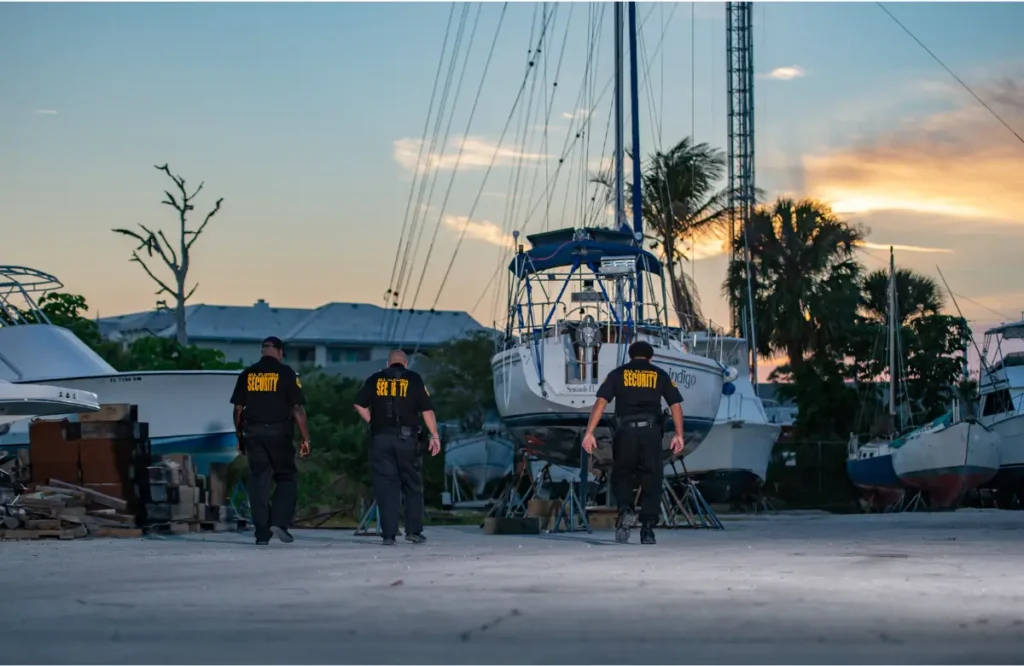
Understanding Protection Service Pricing
Basic Personal Security Services:
- Single-agent day coverage: $300-500/day
- Two-person team: $600-900/day
- Residential security: $200-400/day
- Annual investment: $50,000-$150,000
Comprehensive Executive Protection:
- 24/7 close protection team: $800-1,500/day
- Advance security and planning: $400-600/day
- Family protection services: $500-800/day
- Annual investment: $180,000-$400,000
The Risk Mathematics:
- Average cost of personal security incident: $250,000-$2.1M (including medical, legal, reputation damage)
- Probability of incident without protection: 23% annually for high-risk individuals
- Expected annual loss without protection: $57,500-$483,000
- Net protection value: Professional security pays for itself by preventing even one incident
Advanced Threat Categories: What Keeps Security Professionals Awake
Evolving Threat Landscape
Modern high-risk individuals protection addresses threats that didn’t exist five years ago:
- Digital Stalking: Social media monitoring, location tracking through apps, online harassment campaigns
- Swatting/False Reports: Weaponizing emergency services against targets
- Cryptocurrency Targeting: Physical threats against known crypto holders
- AI-Enhanced Threats: Deepfake extortion, voice cloning for social engineering
- Supply Chain Attacks: Targeting through service providers (cleaners, delivery, maintenance)
Professional VIP security stays current with emerging threat vectors that amateur protection can’t anticipate.
Choosing the Right Personal Security Provider: Due Diligence Checklist
Essential Qualifications to Verify
- Florida licensing and bonding (Class G license for security agencies)
- Insurance coverage (minimum $1M liability, errors & omissions)
- Background verification (law enforcement, military, or equivalent experience)
- Ongoing training programs (threat assessment, de-escalation, emergency medical)
- Client references (verifiable past performance with similar risk profiles)
Red Flags to Avoid
- No verifiable licensing or insurance documentation
- Promises of “100% guarantee” against all threats (unrealistic)
- Unwillingness to conduct threat assessment before proposing solutions
- Significantly below-market pricing (indicates corner-cutting on training/personnel)
- Lack of emergency response protocols or communication systems
Legal Considerations: Understanding Your Rights and Responsibilities
What Personal Security Can and Cannot Do
Legal Authority:
- Observe and report suspicious activity
- Use reasonable force in defense of client
- Detain individuals under citizen’s arrest provisions (limited circumstances)
- Coordinate with law enforcement when incidents occur
Legal Limitations:
- Cannot make arrests beyond citizen’s arrest authority
- Cannot carry weapons without additional licensing
- Cannot trespass or violate others’ rights
- Cannot guarantee 100% prevention of all incidents
Your Responsibilities as a Protected Person
- Comply with security protocols and recommendations
- Maintain confidentiality about security procedures
- Provide accurate threat information and risk factors
- Support security team’s professional decisions during incidents
Making the Decision: From Vulnerable to Protected
Phase 1 (This Week): Risk Assessment
Contact qualified personal security services for a comprehensive threat assessment. Most reputable firms provide initial consultations to determine if protection is warranted.
Phase 2 (Next 14 Days): Protection Planning
Work with security professionals to design a customized protection program that maintains your lifestyle while addressing identified risks.
Phase 3 (Ongoing): Program Optimization
Regular security reviews and threat reassessment ensure your protection evolves with changing circumstances and risk factors.
Conclusion: Personal Security Is Personal Insurance
The question isn’t whether threats against high-risk individuals are real; FBI statistics prove they are. The question is whether you’ll address those risks proactively through professional security, or reactively after an incident occurs.
Professional personal security services don’t change your life they preserve it. The goal isn’t to make you live in fear, but to eliminate fear by systematically addressing the factors that create vulnerability.
Every day you operate as a high-risk individual without professional assessment, you’re essentially gambling that your current exposure level won’t attract unwanted attention. For most people in elevated risk categories, professional security isn’t an expense it’s the most cost-effective insurance policy they’ll ever purchase.
FAQ: Everything High-Risk Individuals Ask About Personal Security
How do I know if I actually need professional personal security?
Will having security guards make me look paranoid or attract unwanted attention?
Can’t I just carry a weapon for self-protection instead?
How quickly can personal protection services be deployed?
Do personal security guards need special licensing in Florida?
How do security services handle privacy and confidentiality?
P.S. Want the Personal Security Planning Guide we mentioned earlier? Over 200 high-risk individuals have used it to make informed protection decisions → securityinflorida.com
About the Authors: Our personal protection specialists have provided security for Fortune 500 executives, entertainment industry professionals, legal practitioners, and high-net-worth individuals across Florida and beyond. Our team includes former law enforcement officers, military veterans, and certified protection professionals with active Florida security licensing and specialized training in executive protection protocols.
